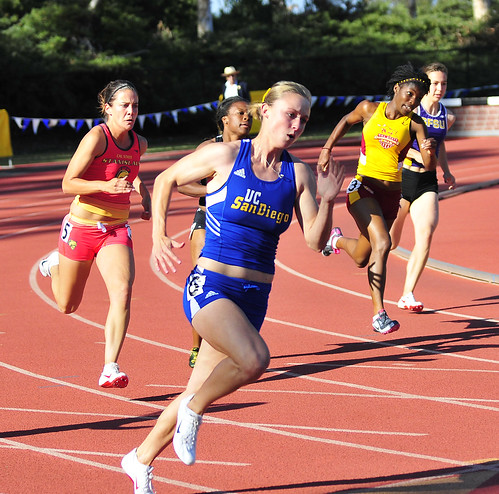Every month, I put together a list of 10 things to inspire you to do better work. This is The Awesome File.
Inside this month’s Awesome File: Reality checks! Great stories! Serendipity! And a guide to getting $15,000 in free travel!
Read on:
1. READ: ‘Do Not Ask What Good We Do.’
I’ll start this month’s Awesome File with a fantastic, topical — but slightly depressing read. It’s called Do Not Ask What Good We Do, and it’s an inside look at the House of Representatives from 2010 to 2012. The reporting takes readers inside the screwed up world of Congress, where our elected officials are too busy fighting to actually get anything done. Read it and you’ll realize: Our political system really needs a kick in the pants.
2. CONSIDER: ‘Why You Can’t Be Anything You Want To Be’
Maybe a blog post like this could wake Congress up. “Why You Can’t Be Anything You Want To Be” is a call to action. Simply, it says:
We started to emphasize passion over discipline. Dreaming over doing. Positivity over pragmatism. And the end result was we became people convinced we get to do whatever we want, even if nobody wants it and even if we’re not particularly qualified to do it.
And then it goes on to explain what our priorities really should be. (A hint: Building and doing come first.) Read it and get inspired.
3. LEARN: ‘The Writing Class You Never Had’
This also might help. It’s a fantastic primer on how to write — the right way. When you’re doing it right, you’re starting too soon, you’re getting in over you’re head, and you’re figuring it out as you go. Great writing, you’ll learn, starts with screwing things up.
4. WATCH: A Great Product Pitch
When you learn how to write well, you’ll start to tell great stories. And anyone can tell great stories. Here’s proof: This is the product video for Do, a new productivity app. It’s as good — and as funny — a story as you’ll see all day.
5. REINVENT: Reworking Your Resume
Great writing and storytelling can come in so many forms, I believe. It can come in the form of books or blogs or product videos — or even in the form of a great resume. 99U shows off a few highly original and unusual resumes that tell a great story. How do you get hired in this economy? Tell a great story and present it in a way that no employer can forget.
6. GET OUT THERE: ‘Manufacturing Serendipity’
It won’t hurt, either, to get out and do some networking. The great Rand Fishkin explains how networking really works in this blog post. I can vouch for his methods myself. Get out, meet a lot of people, listen well and connect often. Repeat over and over. Eventually, if you’re doing awesome work, you’ll start to meet the people who can help get you over the top.
7. LISTEN: To Yourself, Especially
And this advice is also crucial: Listen to yourself.
“‘What should I be doing now?’ is a question I get a lot from people in their 20s. The answer is that you should be respecting yourself as you learn about yourself. You should give yourself the space to do anything and then look closely to see what you enjoy. You do not need to get paid for what you enjoy, but you need to find a way to commit to what you enjoy, and then use that as a foundation to grow your adult life.”
Amen to that.
8. HUSTLE: The Burger Delivery Website
Your 20s are also a fantastic time to hustle. Here’s my favorite recent example of hustle: It’s a website that will deliver a burger to anyone in San Francisco for only $10. It uses existing tools and a cheap website to deliver a really cool and simple product idea. I love this, and I think more people should steal an idea like this.
9. TRAVEL: The Credit Card Challenge
Speaking of hustle: Chris Guillebeau is a notorious for refusing to conform to traditional ideas. This month, he’s posted his Frequent Flyer Challenge, in which he’s applying to dozens of credit cards to earn $15,000 in free travel. And once you’ve gotten those miles, consider flying into these airports. Just make sure you get the perfect seat for landing.
10. STAND UP: Soledad O’Brien’s Awesome Interview
I close The Awesome File with this: a CNN interview from Soledad O’Brien in which she commits a seriously awesome act of journalism on air. Just watch.
That’s it for this month’s The Awesome File. Got something you’d like to share for next month’s edition? Tweet at me with your suggestions.
That awesome photo at top comes via Javier Delgado.










